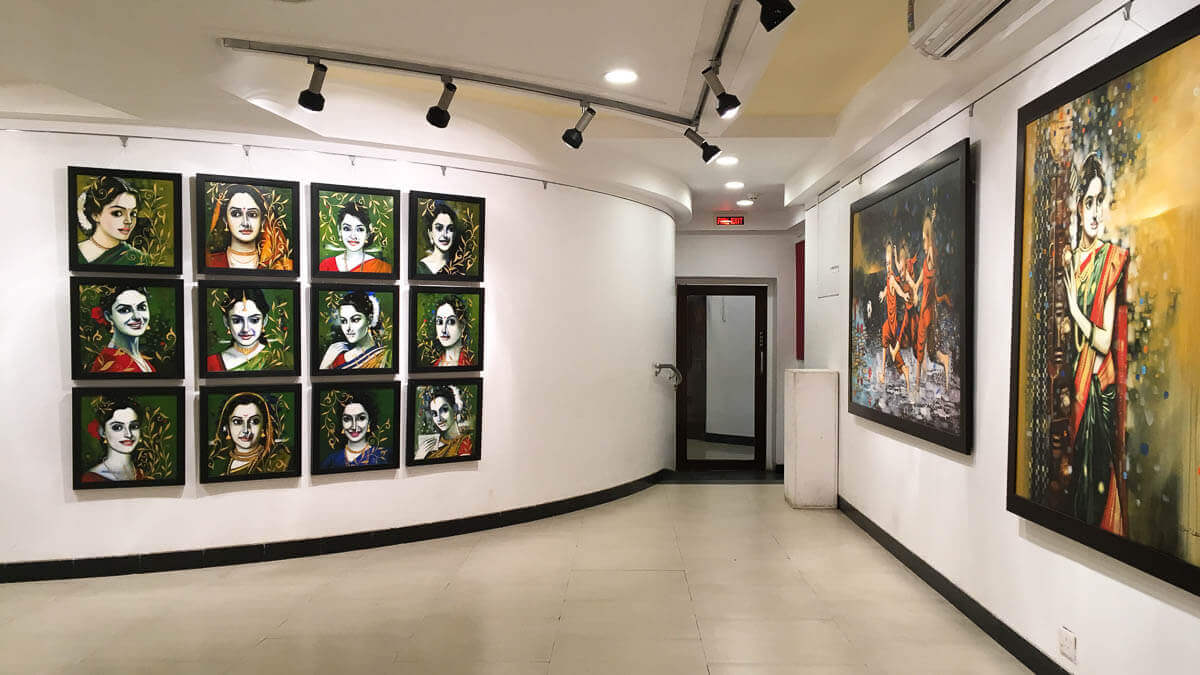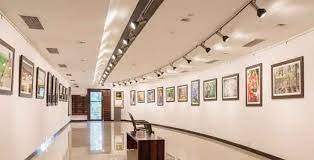Museum palaces
Chhatrapati Shivaji Maharaj Museum
Chhatrapati Shivaji Maharaj Vastu Sangrahalaya (CSMVS), formerly known as the Prince of Wales Museum of Western India, is a grand museum located in the heart of Mumbai, India. It is a treasure trove of artifacts and exhibits that chronicle the rich history and cultural heritage of India, spanning from the prehistoric era to the modern times.
Museum Highlights
Vast Collection: The museum houses an impressive collection of over 50,000 artifacts, encompassing a diverse range of subjects, including archaeology, art, natural history, and anthropology.
Architectural Splendor: The museum building itself is a masterpiece of Indo-Saracenic architecture, blending elements of Mughal, Maratha, and Jain styles. Its imposing structure and intricate details make it a landmark in Mumbai’s architectural landscape.
Diverse Exhibitions: The museum’s galleries are organized into various sections, each showcasing a specific aspect of Indian heritage. These include the Indian Antiquities Gallery, the Decorative Arts Gallery, the Natural History Gallery, and the Children’s Museum.
Educational Significance: CSMVS serves as a valuable educational resource, providing students and researchers with a comprehensive understanding of India’s past and cultural tapestry. It also hosts various workshops, seminars, and cultural events throughout the year.
Visiting Information
Location: Mahatma Gandhi Road, Fort, Mumbai-400 023, Maharashtra, India
Timings: The museum is open from 10:00 AM to 5:30 PM on all days except Wednesdays and national holidays.
Entry Fees: Adult INR 60, Child (5-12 years) INR 20, Free for children under 5 year
Accessibility: The museum is wheelchair accessible, and there are elevators to all floors.
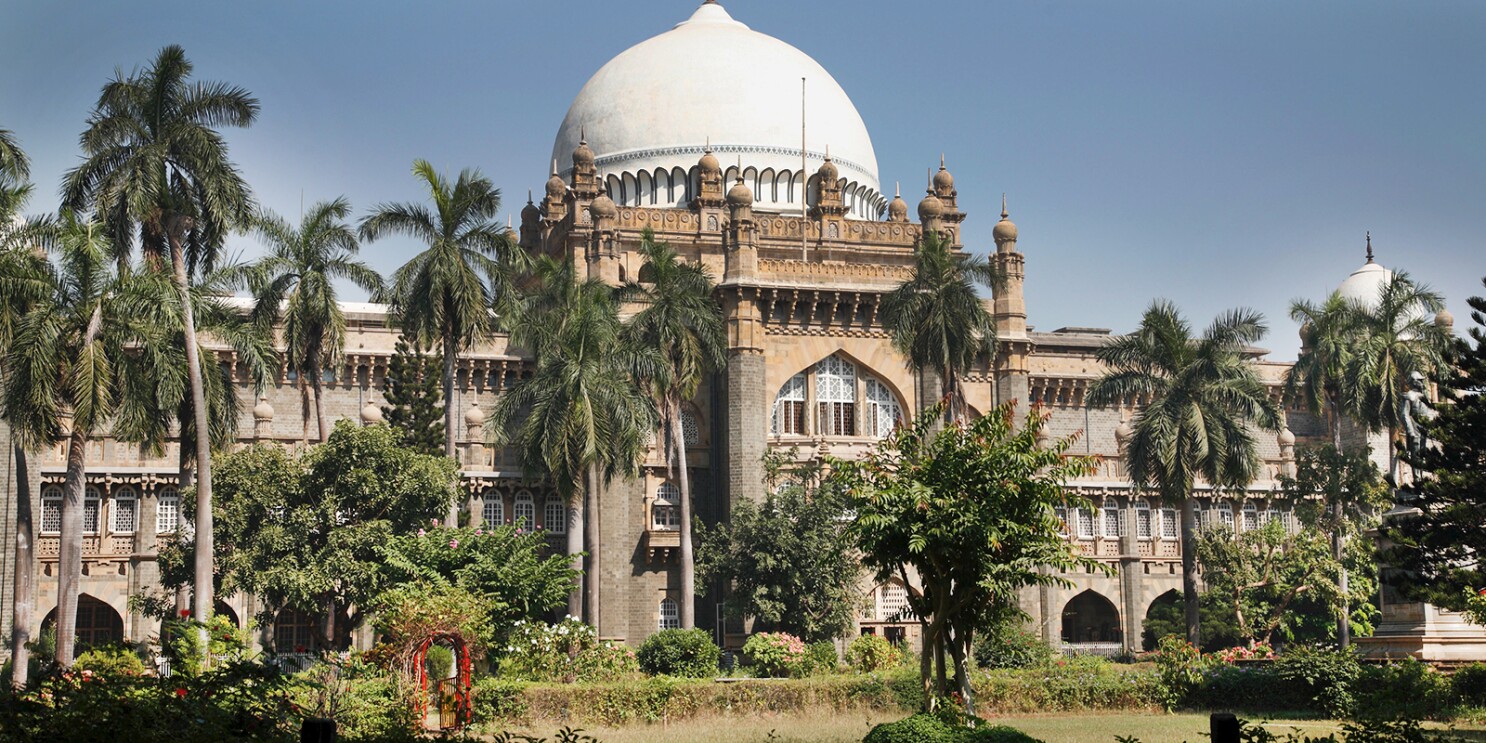
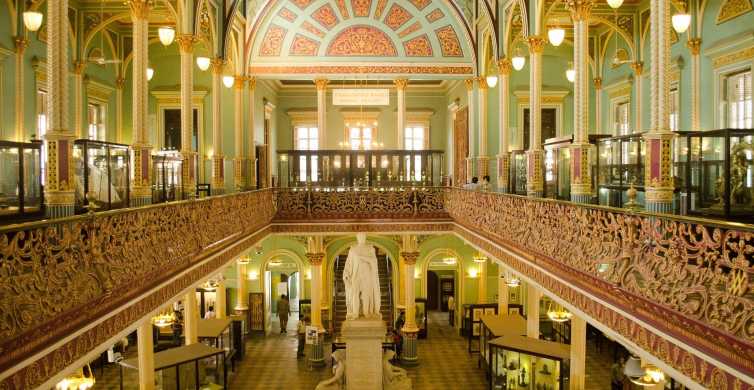
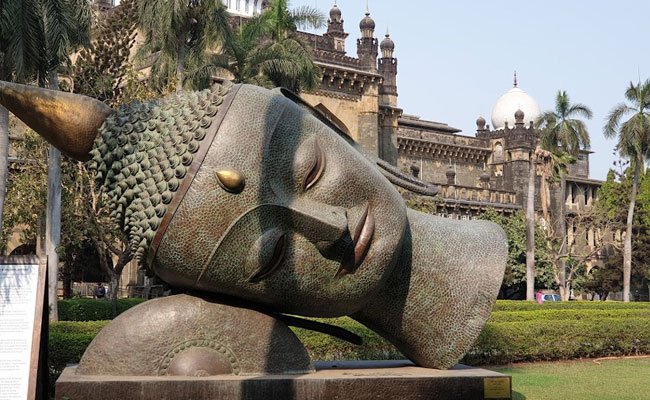
Raja Dinkar Kelkar Museum
The Raja Dinkar Kelkar Museum, located in Pune, Maharashtra, is a prominent museum known for its diverse collection of artifacts, art, and cultural exhibits. Here are some key details about the Raja Dinkar Kelkar Museum
Location:
The museum is situated in the heart of Pune, Maharashtra, India.
Founder:
The museum was founded by Dr. Dinkar G. Kelkar, a well-known art enthusiast, in memory of his son, Raja Dinkar Kelkar.
Collection:
The museum boasts an extensive and eclectic collection that spans several centuries. It includes artifacts from the 18th and 19th centuries, showcasing various aspects of Indian history, culture, and daily life.
Architecture:
The museum building itself is designed to resemble a Rajasthani palace, and it houses the personal collection of Dr. Kelkar.
Artifacts and Exhibits:
The museum’s collection includes a wide range of items such as musical instruments, paintings, sculptures, Jewellery, textiles, and everyday objects. The exhibits provide insights into the traditional arts and crafts of India.
Notable Exhibits:
Notable exhibits include Mastani Mahal, a collection of artifacts related to Mastani, the second wife of Peshwa Baji Rao. a display of traditional Indian lamps; and a section dedicated to musical instruments.
Chhatrapati Shivaji Maharaj Gallery:
The museum features a gallery dedicated to Chhatrapati Shivaji Maharaj, showcasing artifacts related to the Maratha warrior king.
Research Center:
The museum serves as a research center, contributing to the study and preservation of India’s cultural heritage.
Educational Programs:
The Raja Dinkar Kelkar Museum conducts educational programs, workshops, and cultural events to engage visitors and promote awareness of Indian art and history.
Visitor Information:
Before planning a visit, it’s advisable to check the museum’s official website or contact them for the latest information on opening hours, admission fees, and any special exhibitions.
The Raja Dinkar Kelkar Museum is a valuable cultural institution that provides a glimpse into the rich and diverse heritage of India, particularly the artifacts and crafts from Maharashtra and surrounding regions.
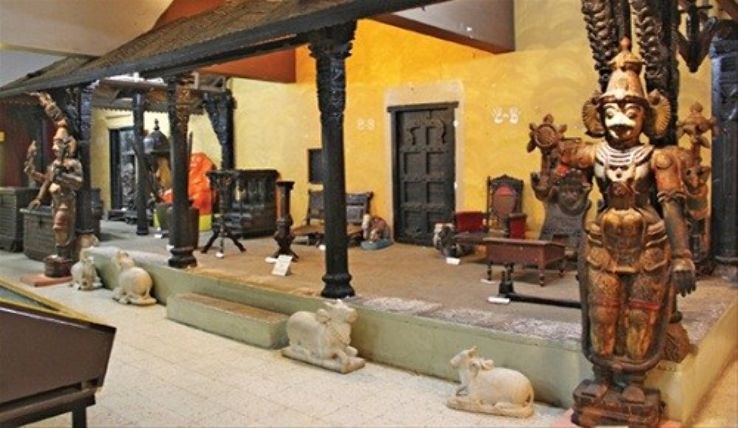
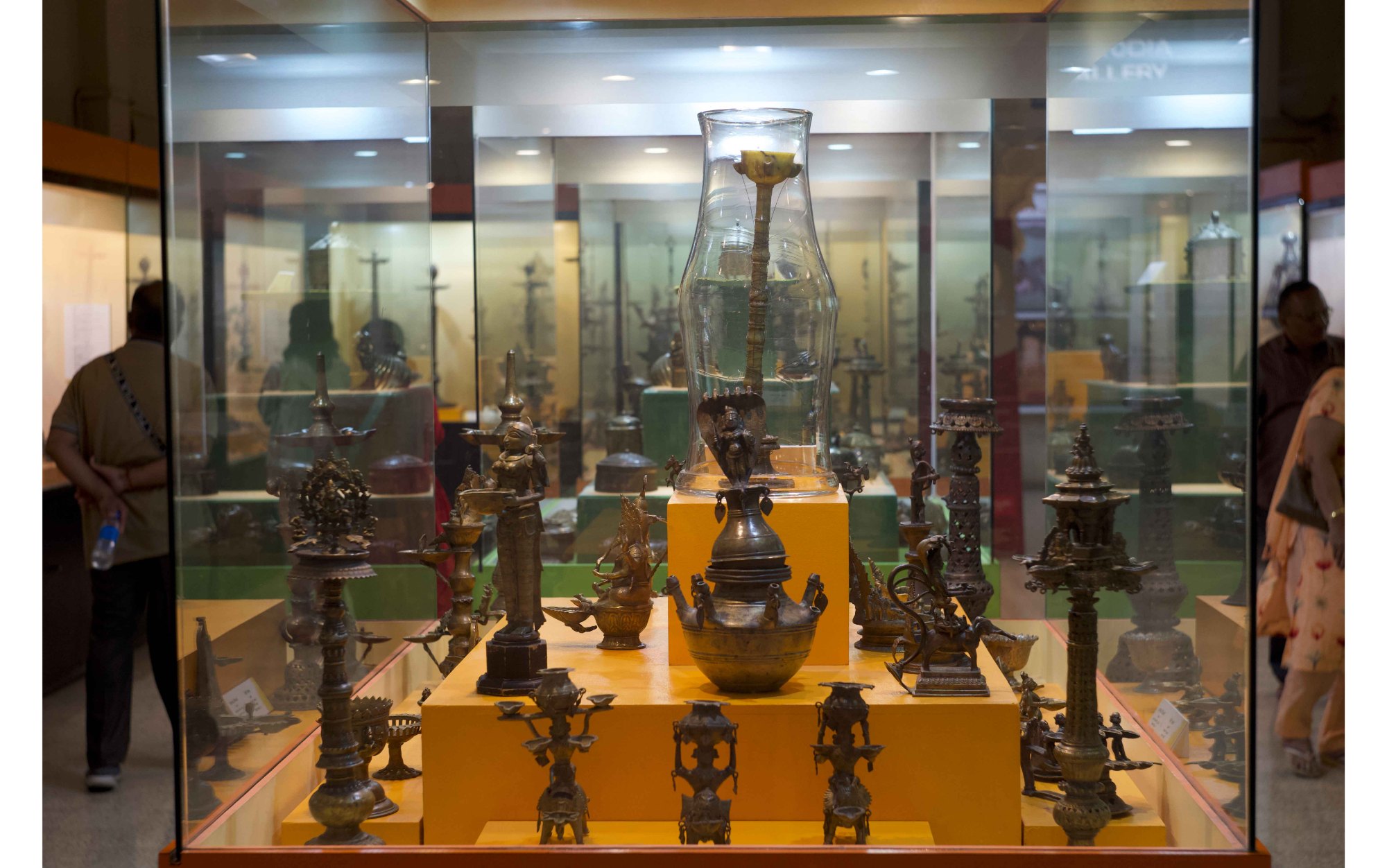
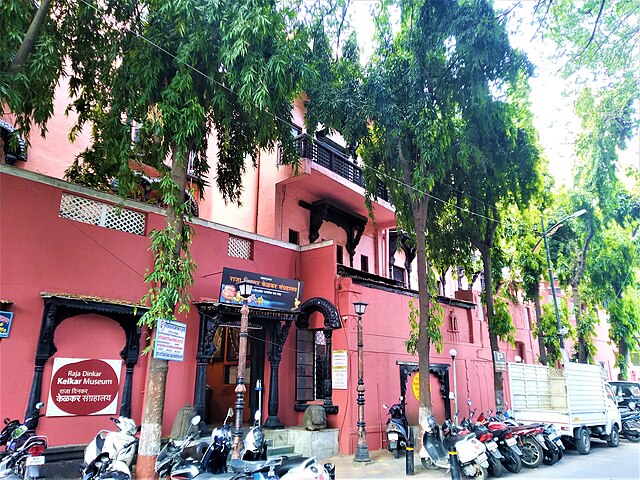
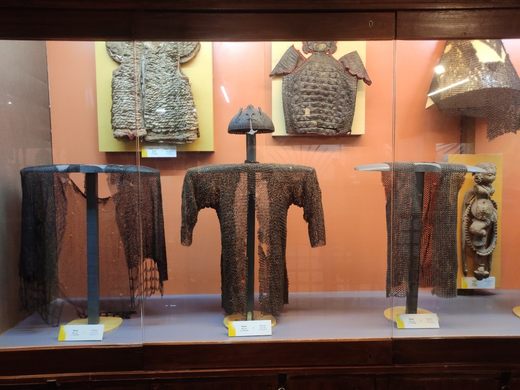
Bhau Daji Lad Museum
The Dr. Bhau Daji Lad Museum, formerly known as the Victoria and Albert Museum, is one of the oldest museums in Mumbai, Maharashtra, India. Here are some key details about the Bhau Daji Lad Museum:
Location:
The museum is located in the Byculla neighborhood of Mumbai, near the Jijamata Udyan (formerly Victoria Gardens).
History:
The museum was established in 1855 as the Victoria and Albert Museum in honor of Queen Victoria and Prince Albert. In 1975, it was renamed after Bhau Daji Lad, an Indian physician, scholar, and philanthropist.
Architecture:
The museum is housed in a building designed by George Wittet, the same architect responsible for the Gateway of India and the Prince of Wales Museum (now Chhatrapati Shivaji Maharaj Vastu Sangrahalaya). The architecture is a blend of Victorian and Indo-Saracenic styles.
Collections:
The museum’s collections focus on the industrial arts, decorative arts, and crafts of the 19th and early 20th centuries. It features a wide range of artifacts, including clay models, textiles, silverware, maps, and historical photographs.
Renovation:
The museum underwent a significant restoration and renovation process and was reopened to the public in 2008. The restoration aimed to preserve the historic building and enhance the display of its collections.
Exhibits:
The museum’s exhibits provide insights into the cultural and industrial history of Mumbai and Maharashtra. There are galleries dedicated to various themes, including the history of Mumbai, traditional crafts, and the development of industry.
Programs and Events:
The Bhau Daji Lad Museum regularly hosts educational programs, workshops, and cultural events to engage visitors and promote an understanding of Mumbai’s history and culture.
Visitor Information:
Before planning a visit, it’s advisable to check the museum’s official website or contact them for the latest information on opening hours, admission fees, and any special exhibitions.
The Bhau Daji Lad Museum is a valuable cultural institution that contributes to preserving and showcasing the history and heritage of Mumbai.
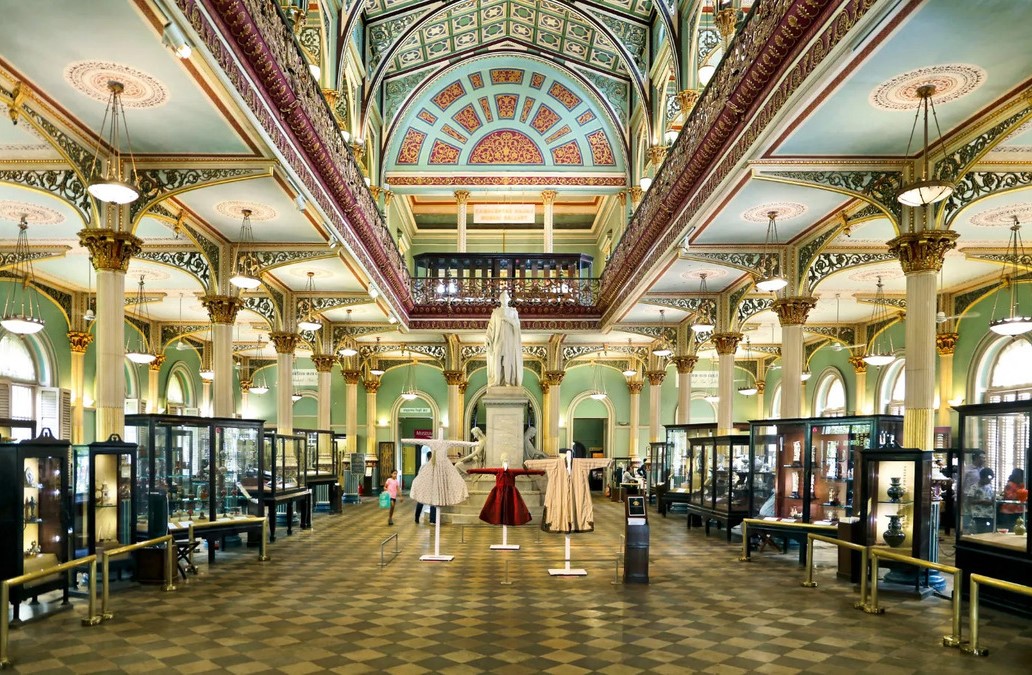
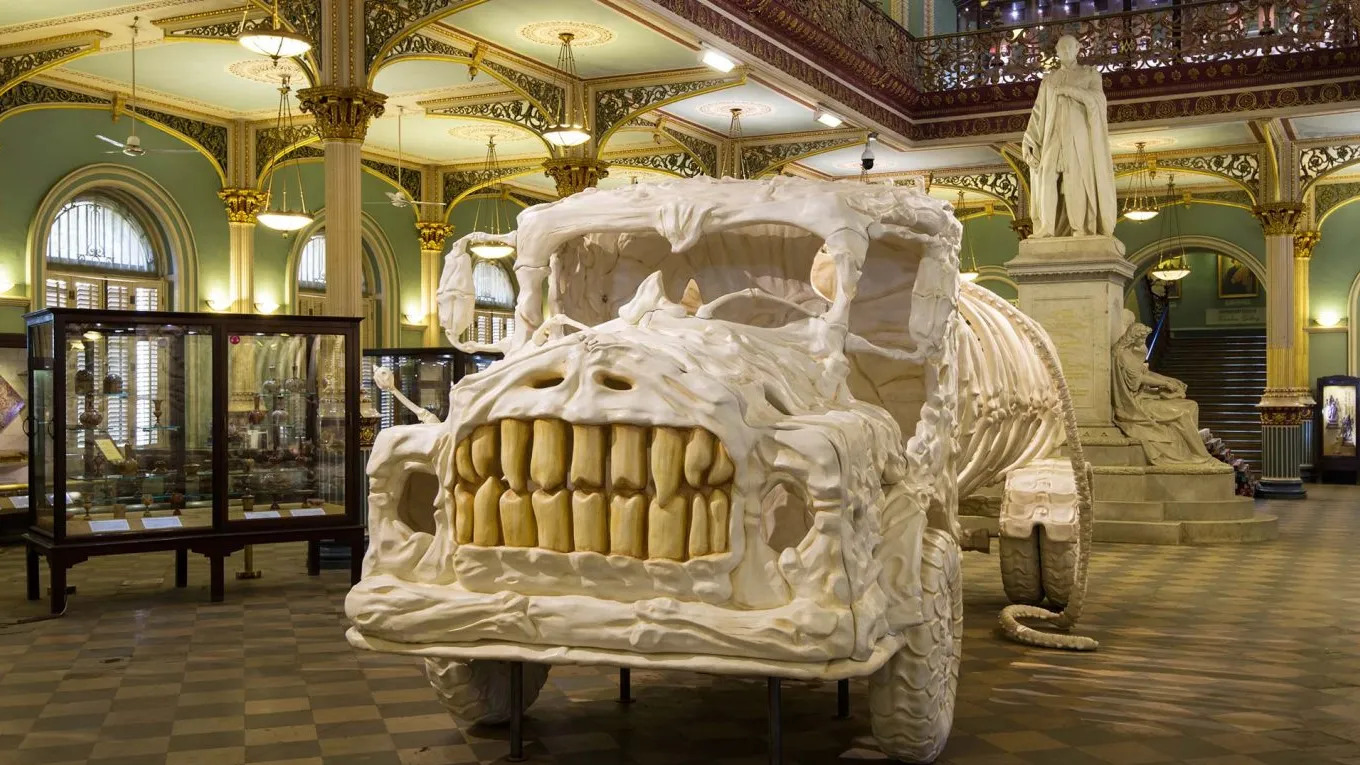
Mahatma Phule Museum
The Mahatma Phule Museum, also known as Pune Museum, is a prominent museum located in Pune, Maharashtra, India. Here are some key details about the Mahatma Phule Museum:
Location:
The museum is situated in the heart of Pune, near the historic Shaniwar Wada.
History:
The Mahatma Phule Museum was established in 1875 and is one of the oldest museums in Pune. It is named after Mahatma Jyotirao Phule, a social reformer and activist.
Founder:
The museum was founded by the prominent British administrator and ornithologist, Sir Montagu G. Butler.
Architecture:
The building itself is an impressive structure with a mix of Italian Gothic and Indo-Saracenic architectural styles.
Collections:
The museum houses a diverse collection of artifacts related to natural history, archaeology, industry, crafts, and artifacts from the Maratha and Peshwa periods. The exhibits showcase the cultural and historical heritage of the region.
Galleries:
The museum consists of various galleries, including those dedicated to ancient coins, sculptures, arms and armor, musical instruments, industrial arts, and a Mastani Mahal exhibit.
Mastani Mahal Exhibit:
One of the notable exhibits is the recreation of Mastani Mahal, associated with the legendary figure Mastani, the second wife of Peshwa Baji Rao . The exhibit includes period furniture, costumes, and artifacts.
Botanical Section:
The museum has a botanical section that features a variety of plant specimens, including rare and endangered species.
Library:
The Mahatma Phule Museum has a library that houses a collection of books, manuscripts, and periodicals related to history, archaeology, and natural history.
Educational Programs:
The museum organizes educational programs, workshops, and events to promote learning and awareness about the cultural heritage of Pune and Maharashtra.
Visitor Information:
Before planning a visit, it’s advisable to check the museum’s official website or contact them for the latest information on opening hours, admission fees, and any special exhibitions.
The Mahatma Phule Museum is an important cultural institution in Pune, offering a glimpse into the rich history and heritage of the region.
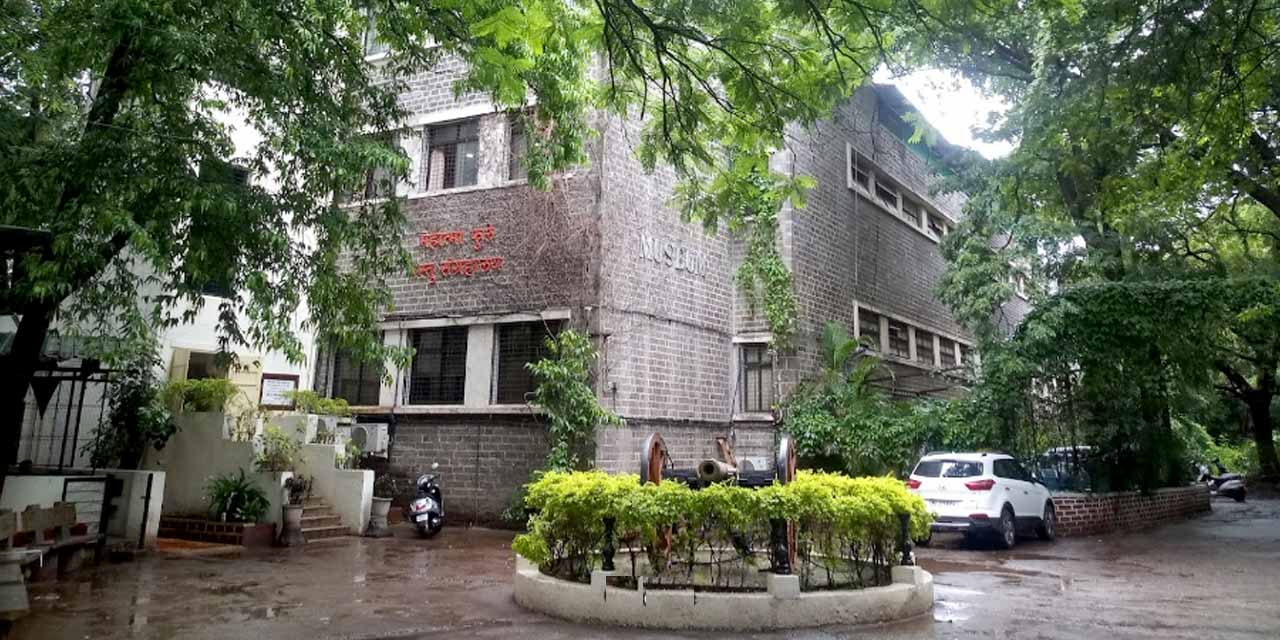
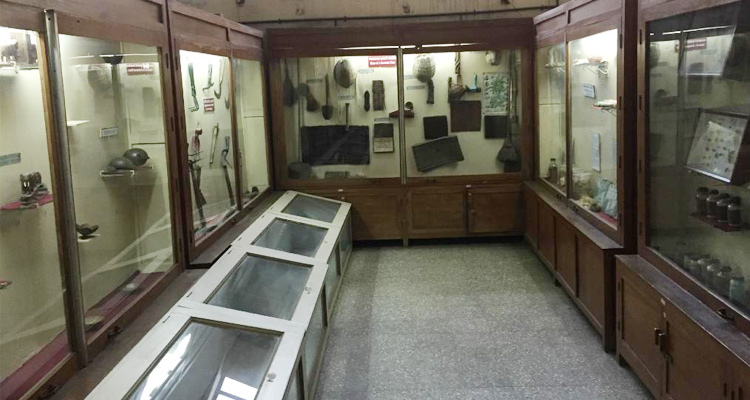
Jehangir Art Gallery
The Jehangir Art Gallery is one of the most prominent art galleries in Mumbai, Maharashtra, India. Here are some key details about the Jehangir Art Gallery:
Location:
The Jehangir Art Gallery is located in Kala Ghoda, an area in South Mumbai known for its vibrant arts and cultural scene.
History:
The gallery was established in 1952 by Sir Cowasji Jehangir, a prominent philanthropist, in memory of his late son, Jehangir. It was designed by G.M. Bhuta, an architect, and was inaugurated by then Chief Minister of Maharashtra, Morarji Desai.
Architecture:
The gallery building is designed in a classical revival style and has become an integral part of Mumbai’s cultural landscape.
Exhibition Spaces:
The gallery consists of several exhibition spaces, including the Jehangir Art Gallery, the Terrace Art Gallery, and the Hirji Jehangir Gallery. These spaces host a wide range of art exhibitions, showcasing both contemporary and traditional art forms.
Art Exhibitions:
The Jehangir Art Gallery regularly hosts art exhibitions featuring paintings, sculptures, photographs, and other visual arts. It serves as a platform for both emerging and established artists to showcase their work.
Artists’ Association of India:
The gallery is associated with the Artists’ Association of India, which plays a role in curating and organizing exhibitions at the gallery.
Café Samovar:
The adjacent Café Samovar, which was closely associated with the art community, was a popular meeting place for artists, writers, and intellectuals. However, as of my last update in 2022, Café Samovar has closed.
Accessibility:
The Jehangir Art Gallery is easily accessible and attracts art enthusiasts, tourists, and locals interested in the arts.
Cultural Hub:
Kala Ghoda, where the gallery is located, is known for its art festivals, cultural events, and vibrant atmosphere, making it a hub for artistic activities.
Visitor Information:
Before planning a visit, it’s advisable to check the gallery’s official website or contact them for the latest information on ongoing exhibitions, opening hours, and any special events.
The Jehangir Art Gallery plays a crucial role in Mumbai’s cultural life, providing a platform for artists to showcase their creativity and contributing to the city’s dynamic arts scene.
